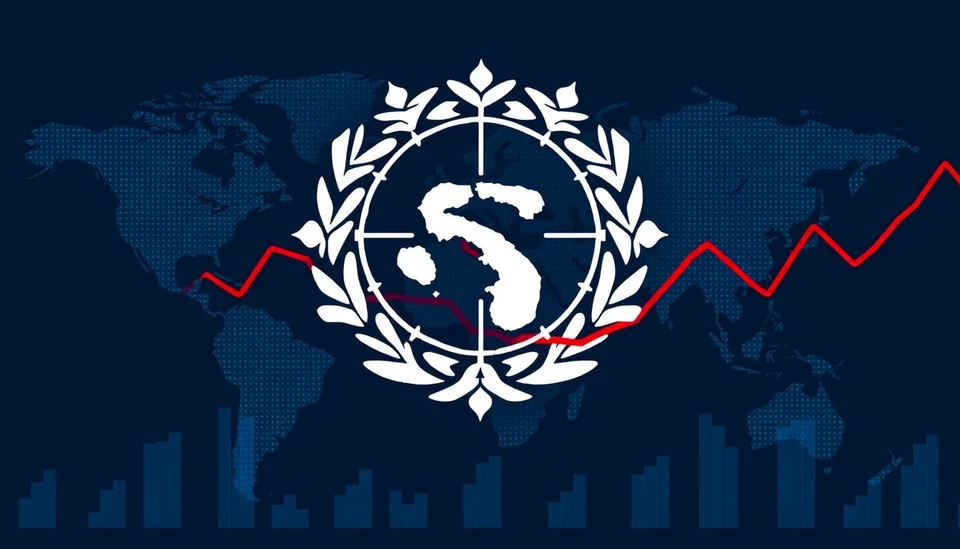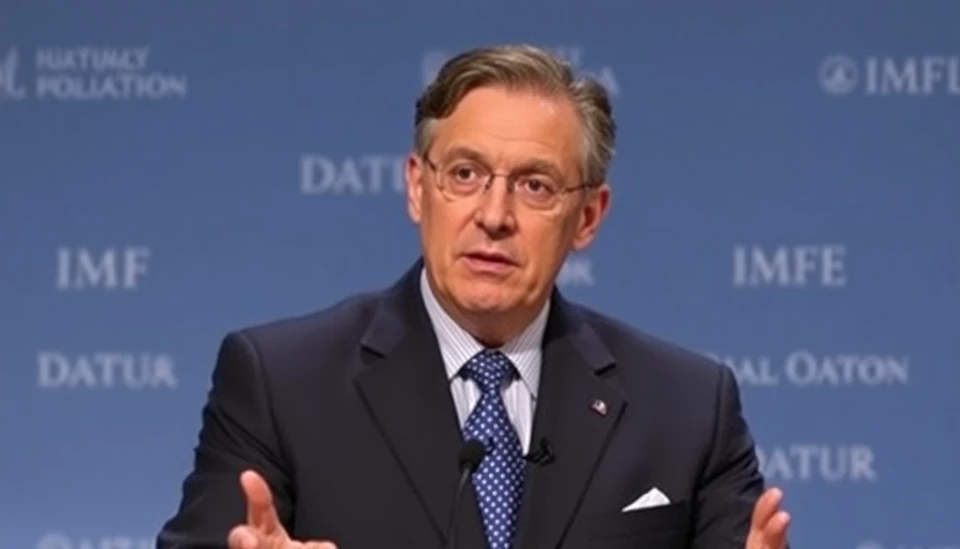
The International Monetary Fund (IMF) has revised its global growth forecast, signaling concerns about diminishing economic momentum across various regions. In its latest update, the IMF projected that the global economy would expand by just 3.0% in 2024, marking a significant downgrade from earlier predictions. The adjustment reflects a convergence of factors that threaten to destabilize the economic landscape, including elevated inflation rates, high interest rates, and geopolitical tensions.
According to the IMF’s World Economic Outlook report released earlier this week, advanced economies are expected to demonstrate even weaker performance. The United States, for instance, is anticipated to see its growth rate dip to 1.5%, while the Euro area may only achieve a modest 1.1% increase. These figures starkly contrast with the stronger expansions witnessed in previous years.
Emerging markets and developing economies are not insulated from these trends either, with growth forecasts maintained at a sluggish 4.2%. The IMF attributed this stagnation to a host of challenges, including debt crises in several countries and structural problems that hinder growth potential.
One of the most pressing developments influencing the IMF's downgrade is the persistence of inflation. Despite some signs of easing in price pressures, inflation continues to undermine consumer confidence and spending. Central banks worldwide are grappling with the dual mandate of controlling inflation while fostering economic growth, which has led to increasingly cautious monetary policy stances.
The IMF also highlighted geopolitical tensions as a significant risk factor. The ongoing conflict in Ukraine, along with other regional disputes, adds layers of uncertainty to an already fragile global economy. These conflicts not only directly impact affected regions but ripple out, influencing trade, investment, and supply chains worldwide.
In response to the bleak outlook, the IMF has urged governments to adopt proactive fiscal policies that support growth while addressing inflationary concerns. The organization emphasized the need for targeted, sustainable investments that enhance productivity and resilience in economic systems.
As the global economy braces for potential turbulence, stakeholders from governments to businesses will need to pay close attention to economic signals and be prepared to adapt strategies accordingly. The IMF’s warning underscores the importance of cooperation and prompt action to mitigate risks and foster recovery.
This revised forecast serves as a clarion call for nations to navigate the complex interplay of economic challenges while striving to capitalize on any opportunities that may arise. Policymakers are now faced with the formidable task of balancing their responses in a way that secures both immediate economic stability and long-term growth.
The IMF's latest report casts a significant shadow over the current economic climate, raising questions about the sustainability of the post-pandemic recovery. With heightened scrutiny on the global economic framework, all eyes will be on how countries choose to respond to these evolving challenges.
#IMF #GlobalGrowth #EconomicForecast #Inflation #GeopoliticalRisks #EmergingMarkets #AdvancedEconomies #FiscalPolicies
Author: Daniel Foster




